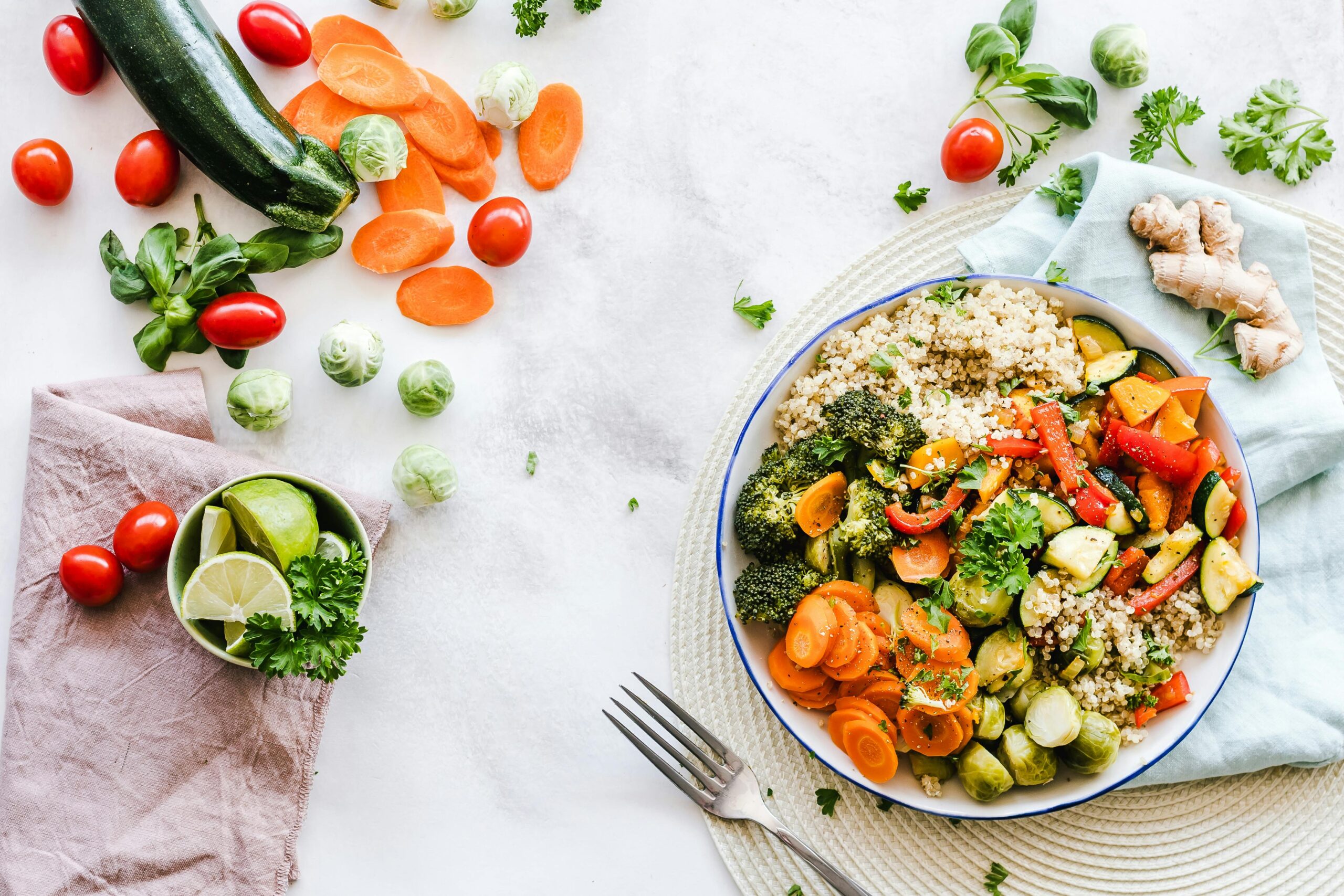It’s uncomfortable, it’s embarrassing and it’s frustrating. Your stomach seems to bloat like a balloon and you don’t know why! While it’s not something you like to talk about with your friends, you might be surprised to know that bloating is more common than you think and you’re certainly not alone. Maybe you’ve tried to adjust your diet and you feel you have fairly healthy eating habits, but you STILL have bloating. Why are you bloating?
This article will give you four common culprits that can easily be addressed by making a few adjustments. However, it’s important to note that, sometimes, bloating is a symptom of other underlying health issues like low stomach acid and digestive enzymes, chronic stress, candida, food sensitivity and intolerance, hormonal imbalances, thyroid dysfunction, leaky gut, constipation, and inflammatory bowel disease or other digestive issues. Bloating and digestive disturbances are some of the most common symptoms that my clients frequently suffer from. If you implement these suggestions and still find no relief, please reach out. I’d love to help you.
4 Common Causes of Bloating (1)
If it is not an underlying health concern, it is likely one of these three issues:
- Excessive chronic stress
- Eating on the run
- Low stomach acid and digestive enzymes
- Imbalances in gut bacteria
Decrease Bloating by Decreasing Stress
Have you ever noticed your gut acting up when you’re sad, anxious, nervous or overwhelmed? Stress and anxiety have a direct impact on your digestion. (1) Your gut and your brain communicate via your vagus nerve. Normally, the network of circuitry communicates to your nervous system and your brain triggers what needs to happen from controlling appetite to producing stomach acid and enzymes that help with digestion. Being overly stressed can interrupt that communication as your body conserves energy and focuses elsewhere.
High levels of stress also equates to increased cortisol levels. This can alter your blood sugar levels and can cause you to feel overly hungry, become constipated and even retain fluids.
Learning to manage your stress through exercise, deep breathing, praying or other relaxation techniques can actually improve your digestion.
Decrease Bloating by Slowing Down and Sitting Down
Digestion begins in your mouth. Chewing and saliva begin the first phase of digestion and food breakdown. Seems simple enough, but it’s often overlooked. Many people eat while multitasking, while distracted or when in a hurry. This leads to less chewing. Less chewing leaves food in larger chunks which puts stress on the rest of the GI tract and can cause digestive hang ups. Slow down, sit down and focus on your eating. Chew each bite until your food is liquified.
Dr. Datis Kharrazian, a leading voice in functional medicine says that “some people have difficulty chewing and swallowing due to poor saliva production and a dry mouth. This is a brain-based issue, such as from dysautonomia or brain degeneration.” He suggests that vagus nerve exercises may help, but it’s also important to evaluate neurological function. (2)
Decrease Bloating by Addressing Low Stomach Acid
Stomach acid (hydrochloric acid) and digestive enzymes begin to take over as you swallow. They break down the food further and ensure good nutrient absorption, maintain GI health, prevent bacterial overgrowth, and promote a healthy gut microbiome. As we age, we produce less stomach acid and digestive enzymes. This is further exacerbated by a lifetime of eating a poor diet. You might be low on stomach acid or enzymes if you struggle to digest proteins, have acid reflux and/or bad breath. Supplements and apple cider vinegar can help your levels improve. (2)
Another sneaky cause of neutralized stomach acid (which means it’s less effective in digestion) is H. pylori (Heliobacter pylori, pronounced Hel-ee-koh-BAK-ter Pie-LORE-ee). This is a type of bacteria that infects your stomach. This bacteria is common and some people who have it don’t present with symptoms. Others may develop a dull pain that doesn’t go away, pain that happens 2-3 hours after eating, and pain that happens in the middle of the night when your stomach is empty. This bacteria is a very common cause of ulcers. (3) If your symptoms worsen, it’s a good time to schedule an appointment.
Decrease Bloating by Restoring Gut Health and Bacterial Balance
We have good bacteria in our gut called probiotics. An unhealthy gut microbiome is overly dominated by bad bacteria and low on good bacteria. This imbalance can cause food to ferment in the gut which can lead to excess gas and bloating. Supplementing with a good probiotic and eating foods that are good sources of probiotics can help. Kimchi, sauerkraut, organic live yogurt, kefir and kombucha (shop bought kombucha can be high in sugar) are great natural sources. Increasing fiber intake and staying hydrated can also help to keep things moving and healthy.
If you have tried these suggestions and still struggle with disruptive stomach pains, gas, bloating or otherwise, please reach out. I can help.






